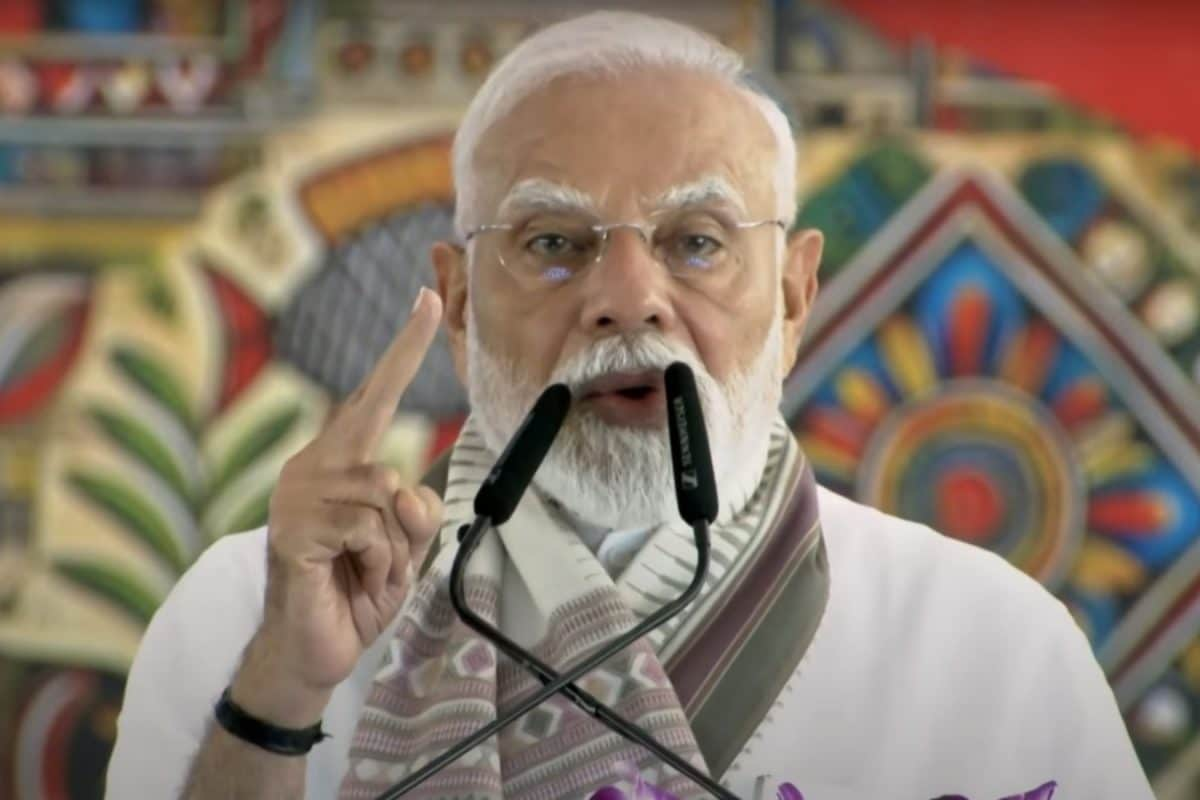

In a vigorous defense of the recently introduced bills aimed at removing jailed ministers, Prime Minister Narendra Modi has drawn a parallel between government employees and elected officials, questioning why different standards should apply. The proposed legislation, which has sparked heated debate and strong opposition, seeks to disqualify Prime Ministers, Chief Ministers, and other ministers who are arrested and detained for 30 consecutive days in connection with offenses carrying a jail term of five years or more.
Addressing a rally in Bihar, Modi stated that if a government employee, be it a driver, clerk, or peon, is imprisoned even for 50 hours, they automatically lose their job. He then posed the question: "But should a chief minister, a minister, or even the Prime Minister continue to hold office while sitting in jail?". Modi emphasized that governments should not be run from jail and that leaders are expected to uphold moral integrity. He also accused the opposition parties of opposing the bills out of fear, suggesting they are worried about their dreams being shattered if they go to jail.
The Constitution (130th Amendment) Bill is at the center of this controversy. It proposes to amend Articles 75, 164, and 239AA of the Constitution, stipulating that any minister, Chief Minister, or Prime Minister arrested and held in custody for over 30 days for an offense punishable by a jail term of five years or more, should be removed from office. The removal can occur based on allegations alone, without requiring a conviction. However, the bill also allows for reappointment to the high office after release.
Union Home Minister Amit Shah, who introduced the bill, asserted the government's desire to increase the "value of ethics". He stated that it is expected that Ministers should be beyond suspicion and that the draft legislation aims to prevent those facing serious criminal allegations from hindering constitutional morality and good governance.
The opposition has reacted strongly against the bills, calling them "draconian" and "unconstitutional". West Bengal Chief Minister Mamata Banerjee described the bill as a "chilling attempt to establish a rule where judicial scrutiny is silenced, constitutional safeguards are dismantled, and the people's rights are trampled". Concerns have been raised about the potential misuse of central agencies to frame non-BJP Chief Ministers, destabilize state governments, and target political opponents. Shiv Sena (UBT) has gone further, stating that the bills aim to end democracy and individual freedom in India and should be burned.
Legal experts have also weighed in on the debate. Some argue that the bill could be misused due to the broad definition of offenses carrying a five-year sentence, potentially leading to the removal of ministers for relatively minor charges. Others point out the reversal of the presumption of innocence, as ministers could be disqualified based on arrest rather than conviction. There are suggestions that instead of disqualifying ministers upon arrest, the focus should be on fast-tracking criminal cases against them, ensuring impartial investigations and swifter trials.
The debate also brings up the question of whether government employees and elected officials should be treated differently. While government employees can face suspension or removal for criminal charges or convictions, the standards for elected officials have historically been less clear. Some argue that elected officials should be held to a higher standard of accountability, while others caution against the potential for political abuse.
The bills have been referred to a Joint Committee of Parliament for further review. The outcome of this review and the subsequent parliamentary debate will determine the future of this controversial legislation and its potential impact on Indian politics.